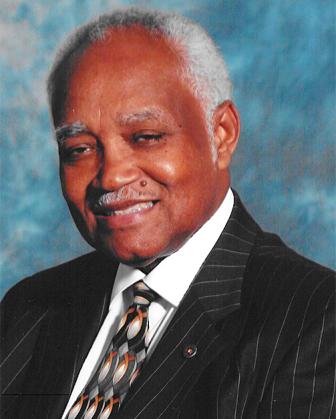
Diabetes is a growing disease that is largely preventable, but affects more than 25 million people in the United States and is the seventh leading cause of death. It can cause kidney failure, lower limb issues that lead to amputation, adult blindness, heart disease and stroke. It often runs in the family but many victims fail to recognize symptoms. Roughly seven million diabetics are left untreated due to financial reasons.
Diabetes typically begins with high levels of blood sugar, or glucose, when the body is unable to produce insulin or use it properly to turn food into energy. Victims often experience extreme symptoms of fatigue, hunger and thirst. Some have unexplained weight loss and frequent urination.
Type 1 diabetes typically is found in children and young adults, but can occur at any age. The cause? The pancreas produces too little or no insulin. The solution? Computerized pumps that send insulin into the body through a catheter inserted under the abdomen. Today’s pumps are no larger than a small cell phone. Many forget they are using them.
Type 2 diabetes most often occurs in adults. The pancreas produces insulin, but the body doesn’t use it effectively. It is more common in African-Americans, Latinos, Native Americans, Asian Americans, Native Hawaiians and other Pacific Islanders. Adults over 45 are at greater risk, as are people who are overweight, get little exercise or have a family history of diabetes.
Type 2 diabetics can manage the early stages by exercising, eating more low fat foods and pushing back from the table. Some people exhibit pre-diabetes symptoms such as blood sugar at levels just a little higher than normal. They stand a better chance of preventing Type 2 diabetes if they walk every day, eat sensibly and otherwise achieve and maintain a healthy weight. Those are things we should do anyway. And these days, people have plenty of options to maintain that healthier lifestyle. We have modern, effective ways to treat the disease that involves so many people and often is so easily prevented or controlled. If the symptoms sound familiar, see your doctor soon to determine whether you have diabetes.
Brodes Hartley, Jr. has served as President/CEO of Community Health of South Florida for 27 years. The non-profit organization provides affordable quality health care to south Miami-Dade and Monroe County. For more information, visit <www.chisouthfl.org>.






